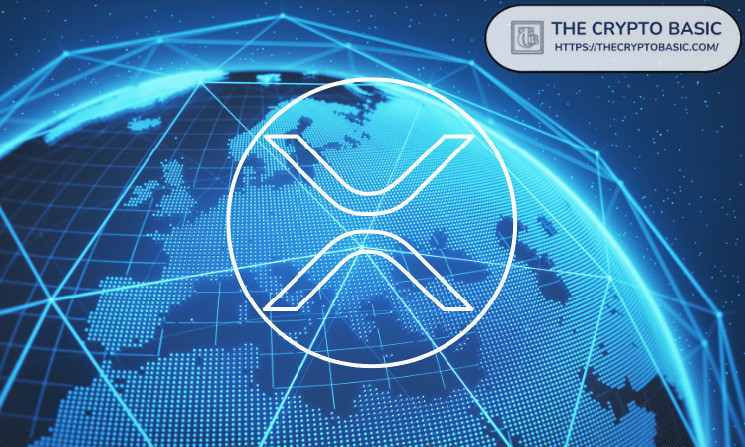Rajat Soni, a seasoned finance professional with a decade of experience, has vehemently denounced XRP, labeling it a fraudulent scheme and asserting its incompatibility with the banking sector. His central argument revolves around XRP’s perceived lack of decentralization, a characteristic he deems essential for any digital currency aspiring to mainstream financial adoption. Soni champions Bitcoin as the genuine future of digital currency, contrasting its decentralized nature with XRP’s alleged vulnerabilities. This critique has sparked debate within the cryptocurrency community, particularly among XRP proponents who contest Soni’s assertions.
Soni’s primary concern lies with Ripple’s significant control over XRP. He highlights Ripple’s ownership of approximately half the total XRP supply, a concentration he believes renders the cryptocurrency susceptible to manipulation. This vulnerability, he argues, poses a substantial risk to potential users, especially financial institutions that prioritize stability and security. Soni contends that banks, traditionally institutions that exploit vulnerabilities rather than becoming victims of them, would be averse to adopting an asset with such centralized control. This inherent risk, in his view, fundamentally disqualifies XRP from achieving widespread adoption in the financial sector.
Furthermore, Soni alleges that Ripple possesses the authority to modify the XRP code and introduce additional coins into circulation, a claim disputed by many within the XRP community. He suggests that this purported power further undermines XRP’s decentralization and reinforces its unsuitability for banks. Soni dismisses the notion of banks embracing XRP as a misguided belief, emphasizing the perceived incompatibility between XRP’s centralized structure and the requirements of established financial institutions. He predicts that regulatory scrutiny in the United States could further impede XRP’s price growth, arguing that the asset lacks genuine interest beyond speculative hopes of eventual bank adoption.
In contrast, Soni lauds Bitcoin’s decentralized architecture and its expanding global acceptance. He emphasizes Bitcoin’s open-source code, enabling any user to operate the software and fostering resistance to manipulation or control by a single entity. He points out that even the largest Bitcoin holders control a relatively small percentage of the total supply, preventing any individual or organization from dominating the currency. This distributed ownership model, according to Soni, safeguards Bitcoin from the vulnerabilities associated with centralized control.
Soni also highlights Bitcoin’s growing utility in regions with limited access to traditional banking services. He argues that even if Bitcoin were banned in one country, its decentralized nature would ensure its continued use and trade elsewhere. This resilience, he claims, distinguishes Bitcoin from XRP, which he believes would be significantly impacted by a ban in a major market like the United States. This perceived vulnerability, coupled with Ripple’s periodic XRP sales, contributes to Soni’s skepticism about XRP’s long-term prospects.
Soni’s sustained criticism of XRP and his advocacy for Bitcoin have cemented his position as a prominent Bitcoin maximalist. His pronouncements regarding XRP often generate controversy, particularly within the XRP community. While some engage in debates challenging his assertions, many within the community have become increasingly desensitized to his critical pronouncements. This reduced engagement may reflect a growing fatigue with the recurring debates surrounding XRP’s decentralization and future prospects.
Soni’s arguments resonate with those who prioritize decentralization as a paramount characteristic of a viable digital currency. His concerns about Ripple’s influence over XRP and the potential for manipulation raise important questions regarding the asset’s long-term stability and suitability for institutional adoption. However, proponents of XRP often counter that Ripple’s involvement is essential for the currency’s development and adoption within the financial sector. This ongoing debate underscores the complexities and differing perspectives surrounding the future of digital currencies and their role within the evolving financial landscape.


